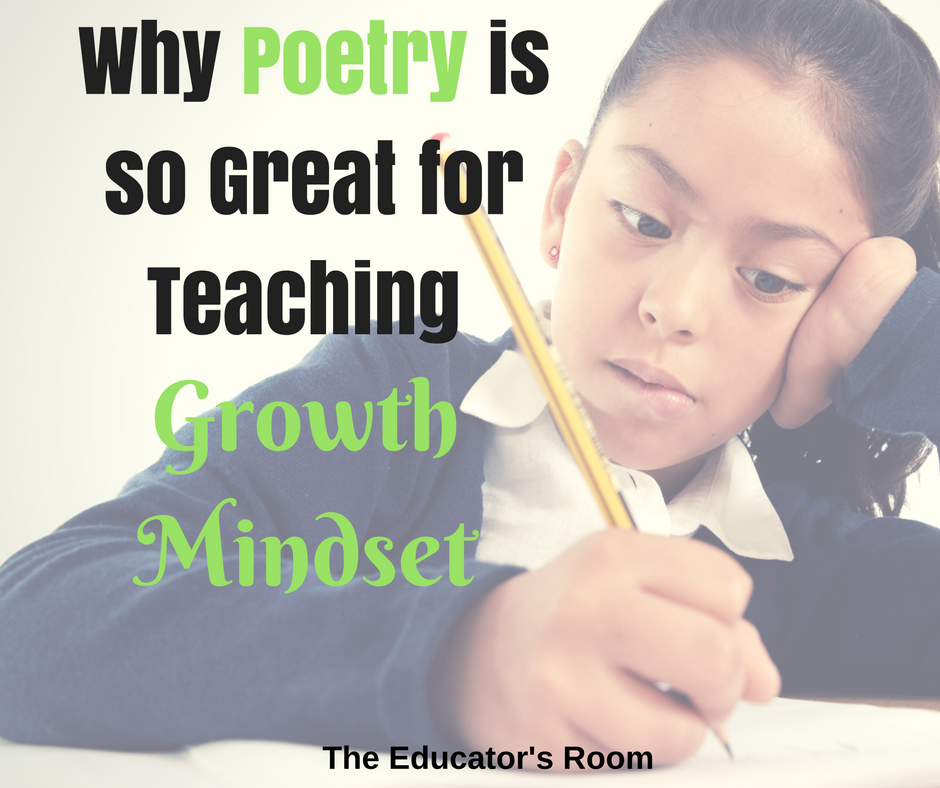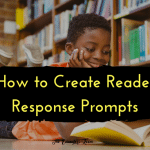When she first studied students to learn about how a growth mindset can be instilled in people, Carol Dweck gave kids puzzles. After successfully completing the somewhat easy puzzles, one group of kids was praised for their effort while the other was praised for their talent at puzzles or for being “good at puzzles.” Thus instilling the first group with a growth mindset about puzzles and the second group with a fixed mindset about their skill with puzzles.
After that initial praise of their puzzling abilities, students were given more challenging puzzles. The group that was given the fixed mindset praise was more likely to give up and, when given the opportunity to go back to the easier puzzles, jump at that chance. On the other hand, the group that was given the growth mindset praise was more likely to relish the challenges, including even when they were unable to complete the difficult puzzles. They knew that they were growing and learning when they were being challenged, because they had been praised for their effort. (And if you’d like to see this research in action, you can actually watch a Youtube video of it here.)
So time to get your students some puzzles, right? But how do you give puzzles to an ELA class?
One of my favorite ways to do that is with poetry. These are the reasons why poetry is so great for teaching growth mindset to your classes.
Most poetry is plenty challenging. From difficult word choice or syntax to complex takes on themes, poetry challenges students right from the beginning. Poetry also has that uncomfortable factor for most students—even if they understand what they are reading, it is a challenge to read something that is not written the way that most texts are.
[fusion_builder_container hundred_percent=”yes” overflow=”visible”][fusion_builder_row][fusion_builder_column type=”1_1″ background_position=”left top” background_color=”” border_size=”” border_color=”” border_style=”solid” spacing=”yes” background_image=”” background_repeat=”no-repeat” padding=”” margin_top=”0px” margin_bottom=”0px” class=”” id=”” animation_type=”” animation_speed=”0.3″ animation_direction=”left” hide_on_mobile=”no” center_content=”no” min_height=”none”][bctt tweet=”poetry is great for teaching growth mindset to your classes.” username=”EducatorsRoom”]
They get the chance to try different strategies right away. If you are reading a longer novel or play in class, students don’t have the same amount of time to come back at a problem with multiple strategies. They are more likely to just keep reading, focusing on the plot. But when you have one single word that needs understanding, they can take the time to come at it in more than one way. You can teach your students to analyze using a graphic organizer, using TPCASTT, or with some other method. You can focus on literary elements or just ignore the terminology, or—ideally—you can teach students all of the different ways to analyze and understand poetry and you can let them try them out for themselves.
You can remove other factors that might inhibit student success. If you are reading longer pieces with your classes, there are many other factors that might stop students from figuring out how best to approach a challenge—they might not get homework completed or they might fall behind in the reading. But poetry is very much like the puzzles that Carol Dweck used in her studies. It is immediate, it is difficult, and there is no reason why every student in the class can’t give it a go.
You can praise their effort and perseverance and still have time to give them more challenges. One of the key elements of Dweck’s studies was watching the way that students dealt with the second round of challenging puzzles, after they had received praise for their success on the first. So if you want to see if your students are relishing the difficult texts, just give them more. If they give up early or say that they are just not good at reading poetry, then you know that they don’t have a growth mindset about reading challenging texts—yet!
You can assess them and give feedback faster. Another of the key factors of a growth mindset is that people who have it focus on feedback—they want to know how they can improve, which areas need work, how to do their best at whatever they are attempting. When you teach poetry to students, you can do an assessment as early as a week into your unit. Students might write an essay on a new poem, for example, to demonstrate how they apply those tools for analysis that you taught them. And you will still have time for feedback and more assessments. With a longer text, just getting to the end might take months.
Once you have taught your students about growth mindset—you’ve shown them the brain science, taught them about famous people who have succeeded because of their grit and perseverance, praised them for their ability to find more than one way to solve a problem—you’ll need to give them some opportunity to see what they can do with challenging material.
And that’s just one of the many reasons why I love teaching poetry.
 [/fusion_builder_column][/fusion_builder_row][/fusion_builder_container]
[/fusion_builder_column][/fusion_builder_row][/fusion_builder_container]






